I have an immense love for my culture—the Igbo culture. We have beautiful stories, cosmologies, adages, and turns of phrase. Unfortunately, vast chunks of my culture have been lost due to a lack of pen-to-paper documentation and the use of word-of-mouth as the primary method of knowledge transmission. I was venting about this to a friend on a cold Saturday evening two years ago.
‘I honestly wish they wrote things down—’
‘They did, but not everything. The Igbo culture believes in giving everyone relevance. For someone to be relevant, they have to have a role. Old people are frail and cannot fight or work as hard as the young. So, the only way to ensure they remained relevant was to make them the custodians of the most important aspect of our culture—knowledge.’
With the focus on trends like #lazygirljobs, #techbros, #quietquitting, and the #cleangirlaesthetic, it is evident the media is obsessed with the behavior and idiosyncrasies of young people. Amid this cacophony of trends and tiktokification of already extant behavior, the older demographic of society is pushed aside like toys that have outlived their usefulness.
But are ‘geezers’ really important?
What do they bring to the ergonomic table of our AI-obsessed world?
When people talk about older adults, it is usually to apportion blame. We blame them for everything that is wrong with society today. We worry that the pension system will collapse because of them, call them burdens to the healthcare system, and blame them for the floundering mental health of their Gen X, Millennial, and/or Gen Z kids. And while I have to admit that the oldies made some mistakes, we shouldn’t throw away the baby with the bathwater.
No Space for Old Dogs and their Tricks
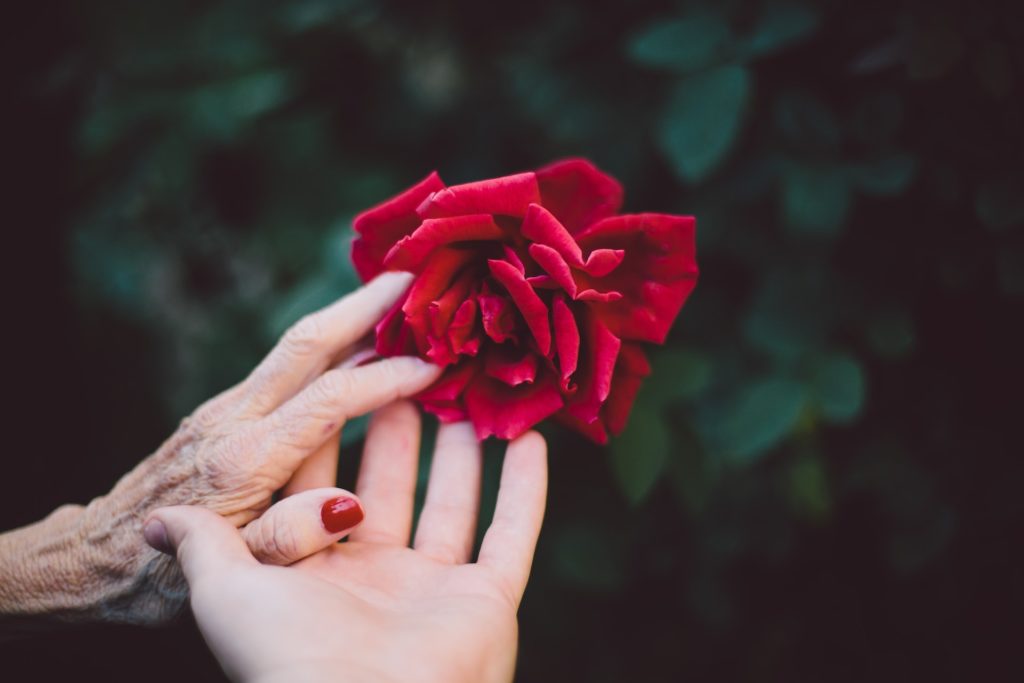
“Listen to your elder’s advice. Not because they are always right but because they have more experiences of being wrong.” – Melchor Lim
The major folly of youth is thinking that it is invincible, that it knows better than all those who came before it. In this symbiotic arrangement called life, the young need the old as much as—if not more than—the old need the young.
Think of society as a tree.
The young are the branches, fanning out into the open atmosphere, braving the winds, and discovering new realities. Conversely, the old are like the root, a grounding foundation reminding us of where we are coming from and stabilizing us when life’s winds become too tumultuous. In essence, youth is daring, innovative, and bold; age, on the other hand, grounds, enlightens, and reminds us of what has brought us thus far.
Because of the wealth of knowledge and experience it brings, old age is often touted as a gift. A rare gift that only a few receive. Unfortunately, due to the many negatives associated with aging, many perceive old age as a Greek gift. I had a classmate in secondary school who categorically stated she did not want to be old.
‘If I am still alive at 60, I’ll gather all my kids together, share my belongings between them, and have a doctor inject me with something that will kill me peacefully within 24 hours. I don’t want to be old, ugly, pissing myself, and unable to remember who I was.’
For her, old age could simply be summarized with three words: ‘incontinence, decrepitude, and ugliness.’ My high school classmate’s comments echo the general perception of old age. As the elderly are often dismissed as a walking list of care needs, it becomes evident that, though we want to live long, very few people want to get old.
The curious thing about ageist stereotypes is that the elderly believe and cling to them too. ‘Don’t grow old,’ they tell you, smiling sadly.
Like a guide alerting you of a storm ahead, seniors often warn the young about this thing called aging. They plead with you to enjoy your youth and vilify old age. Between society’s messaging, arthritic pains, and the reality of retirement, many older adults believe they have nothing more to offer in this fast-paced, screen-obsessed world. In my line of work, I have heard the most interesting people—who all happen to be seniors—call themselves useless.
‘Ugh. I’m so useless,’ they sigh, plunking down on the armchair in defeat after seconds spent trying to stand upright.
‘Don’t get to 93. There’s nothing beautiful about it,’ they warn, taking another shuffling step with their Zimmer frame. I counter that by telling them it is a gift—a blessing even—and they scoff.
‘A gift? Well, I’d like to return it. I’d give anything to dance again.’ With the numerous warnings and woes associated with this stage of life, is there any merit to growing old? Is there really a use and need for the elderly in this world of ours?
The short answer? Yes.
Guardians of the Culture Galaxy
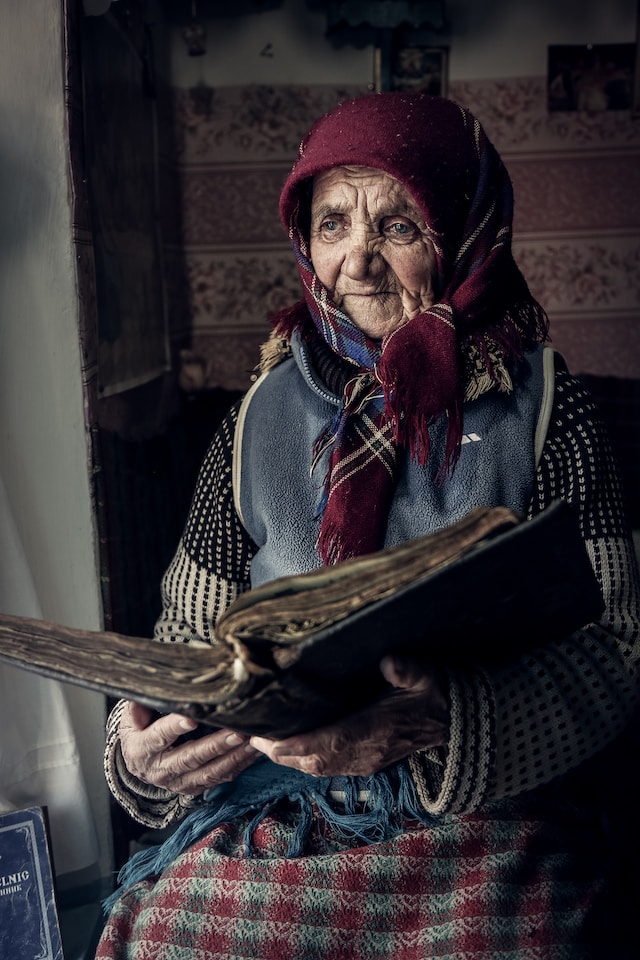
We would lose much of what we all know about our cultures and traditions if we didn’t have the older generation to show and model it to us. This becomes especially important in cultures/communities that have experienced deep social wounds and have had their way of life interrupted by colonization and slavery. Unlike the middle adult generation, the senior adult generation knows the different aspects of their culture and why those things came to be.
Checking and Balancing Parental Authority
“What children need most are the essentials that grandparents provide in abundance. They give unconditional love, kindness, patience, humor, comfort, lessons in life. And, most importantly, cookies.”
Unknown
Anybody who has had grandparents (or elderly adults who play that role) knows that their approach to parenting is different. Parents are the absolute authority over a child’s life and consistently enforce their rules directly and intensely. Grandparents act as a check and balances for that authority. For most of them, grandparenthood is a chance to correct the mistakes they made as parents. In the evening of their life, they have realized that when it comes to raising children, sometimes, honey traps more flies than vinegar, so they adopt a less authoritative (and more collaborative) approach to parenting.
Mentorship
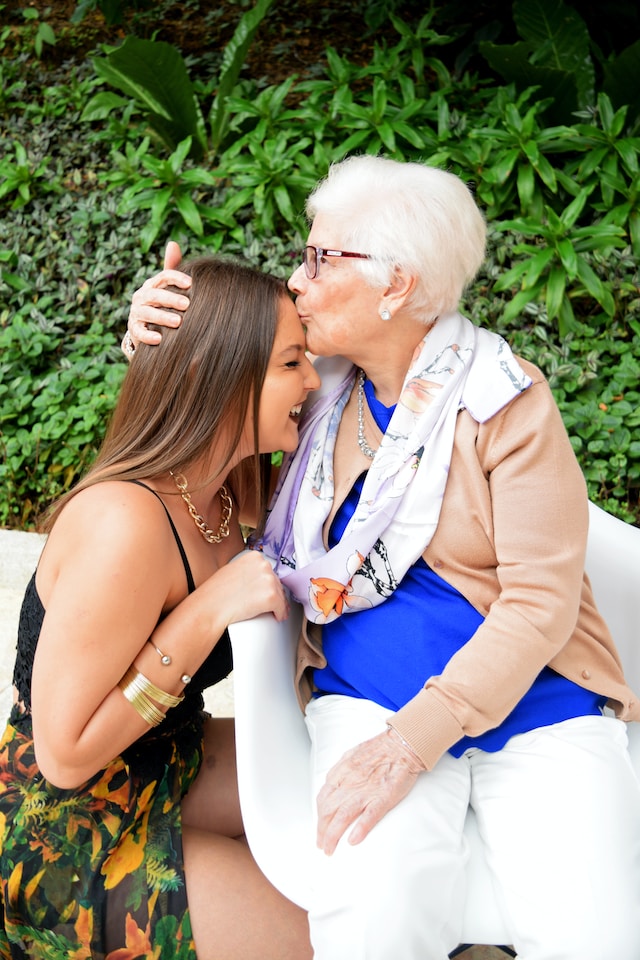
To repurpose a saying that has been popular in productivity discussions: “If you want to go fast, go alone. If you want to go far, go with a mentor.” Mentors are essential, if not indispensable, to career growth and progression, regardless of your field. Like compasses, they know the fastest routes and the deepest waters. Thus, they are better placed to help you navigate your career. Studies show that mentorship:
- Increases job satisfaction,
- Has a 75% chance of improving career success
- Enhances networking opportunities
- Makes a person five times more likely to be promoted.
- Bolsters self-confidence and self-efficacy among mentees
- Encourages the transfer of valuable skills and knowledge.
When choosing mentors, most people look for middle-generation adults (35-55 years old) who are virtuosi and thought leaders in their fields. Unfortunately, as people in this demographic are still heavily involved in the workforce, they usually cannot give the relationship the time it deserves. Seniors make the best mentors because they have seen it all, done it all, and have enough time at their disposal to tell you all about it.
Economic Importance
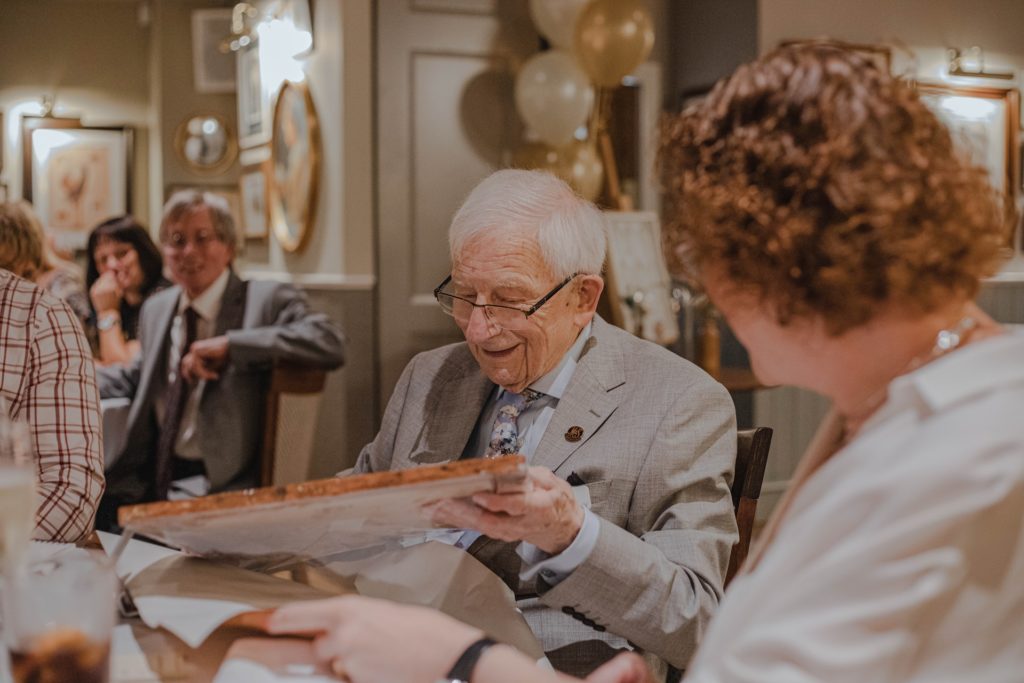
Besides their value in the mentorship and volunteer space, the elderly generation contributes to economic growth in multiple ways. First, their unique healthcare needs create demands and job opportunities in the medical, pharmaceutical, social services, and care sectors. Also, their specific housing demands (retirement communities, accessible communities, and assisted living facilities) bolster demand for real estate and increase the investment rate. On the active front, older adults can contribute to economic growth through consumer spending and entrepreneurship. As they have free time, disposable income, and accumulated wealth, seniors— unlike their younger counterparts—are more likely to spend on real estate investments, healthcare, and travel.
In recent times, we have seen a trend of senior citizens choosing to work past retirement age, with most citing personal fulfillment and a desire to stay active as their reason for doing so. On the entrepreneurship front, stats by the Global Entrepreneurship Monitor (GEM) show that seniors account for a critical mass of entrepreneurial activity, with some countries, like India and Mexico, reporting a higher rate of entrepreneurial activity among this age group than younger individuals. Of course, we do not need statistics to tell us this. All we need to do is note the number of seniors running corner shops and tuck shops in our neighborhoods.
Myths about Aging
Like my classmate who feared aging, certain myths and misconceptions about aging make us fear the evenings of our lives.
Myth 1: Dementia is a natural part of aging.
While dementia is common in seniors, it is not a normal part of aging. Studies by the Alzheimer’s Association show that only about 3% of U.S. adults ages 65 to 74 years have dementia. Most people also don’t know that dementia is an equal opportunity hitman and can affect younger people (early onset dementia). The key to avoiding dementia is to live healthily, eat healthily, constantly challenge yourself by learning new things, and prioritize heart, gut, and brain health.
Myth 2: Old age is synonymous with sickness and frailty.

As the famous saying goes, ‘What you don’t feed dies.’ Unhealthy lifestyle choices—and not old age in itself—lead to sicknesses and mobility issues later in life. People with a history of active living and healthy lifestyle habits remain strong, and healthy, and fit well into their eighties and nineties.
Making the Elderly Feel Valued
To make the elderly among us feel valued, respected, needed, and wanted, we need to know and understand their pain points and try to solve them. According to a 2015 article by the Guardian, seniors have five significant worries:
- Lack of freedom
- Lack of control
- A need to live a life of significance
- Fear of ill-health
- Isolation and lack of significant human interaction
To solve these issues and assuage these fears, we need to:
- Approach and interact with them like we would do any other adult and not speak to them like they are kids
- Foster independence even while helping, caring, and supporting them.
- Make them active participants in the decision-making process when making choices that will affect them
- Always include them in conversations and try to reach out and check in on them.
- Ask for their opinions, insights, and help. Studies show that asking people for advice widens your perspective, boosts the other person’s self-esteem, and makes the other person feel appreciated and valued.
- Encourage them to make healthy choices and to continue trying new things.
Fun Facts:
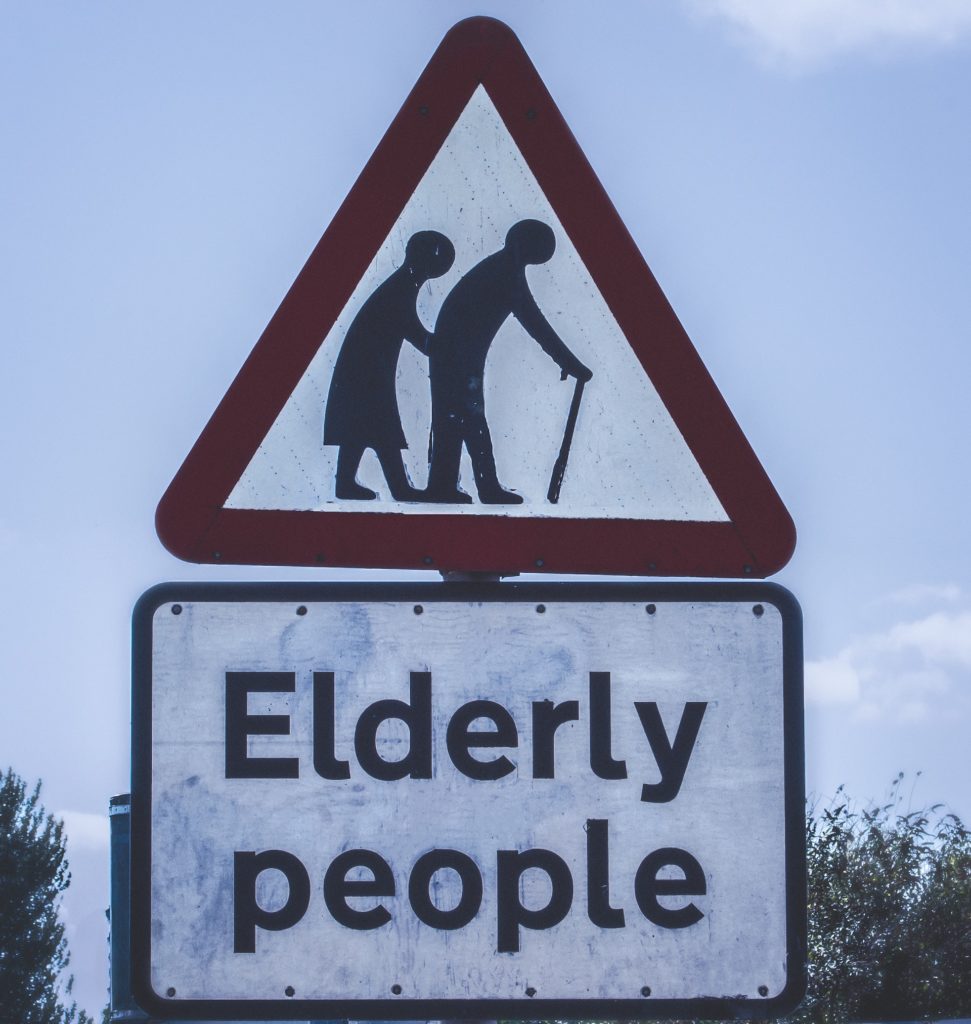
Did you know that middle age starts at 35, not 50?
Did you know that in Singapore, people can slow down traffic with just a flick of their hand? No, it is not a superpower. Seniors in Singapore have unique smart cards that they can swipe at crosswalks to slow down traffic. Pedestrian crossings change to red after 6.1 seconds. However, as the elderly walk slower than the assumed walking pace of 1.2m/s, many seniors are seen scrambling to the other side faster than their mobility would allow. To prevent this. Singapore implemented this smart card.
Like what you just read? Check out The Survival of the Goodest and The Mother That Loved Too Much





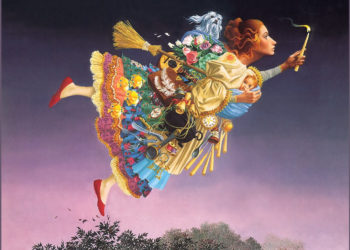

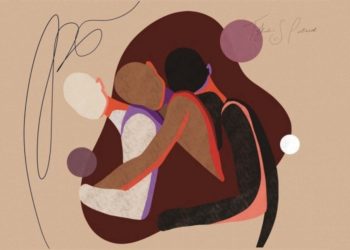
wxFfAmic
qIndJGEUxew
GBusIHMeQTJ
Your blog is a testament to your passion for your subject matter. Your enthusiasm is infectious, and it’s clear that you put your heart and soul into every post. Keep up the fantastic work!